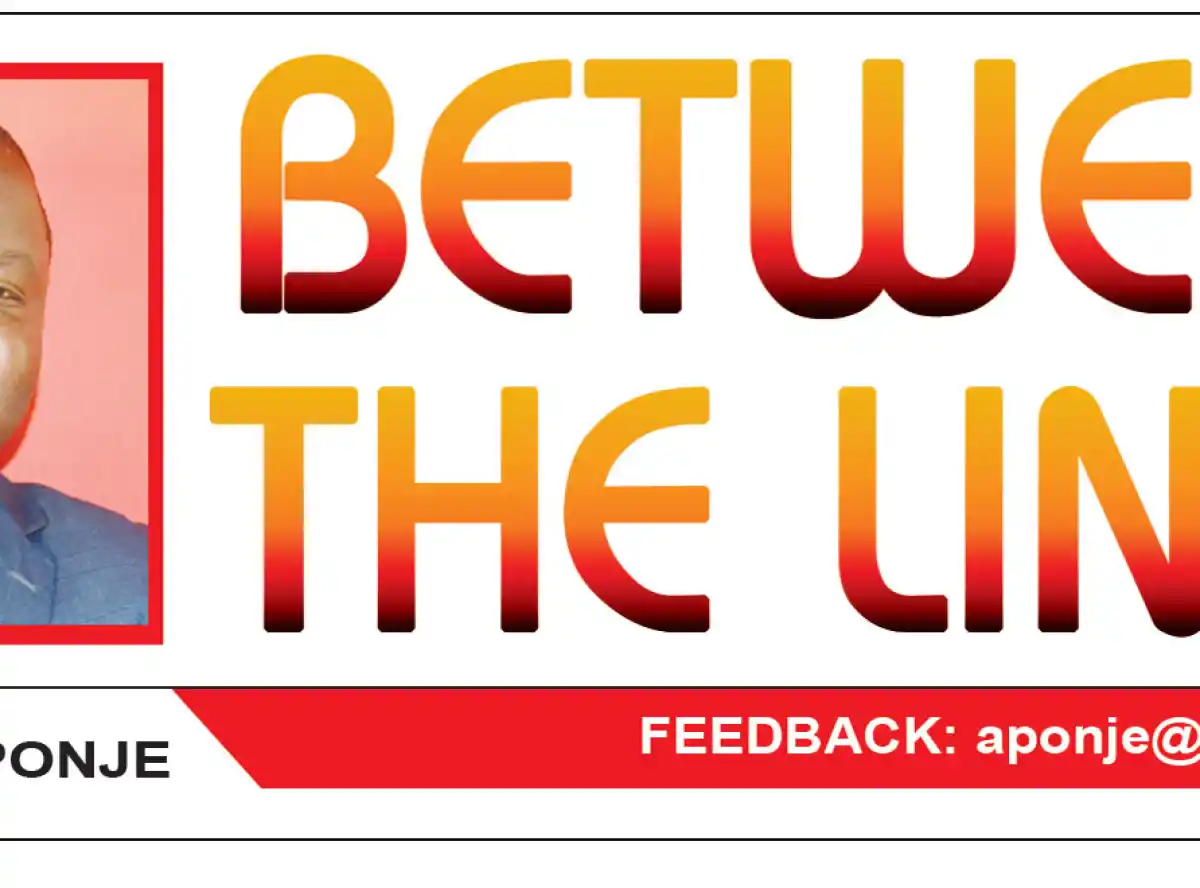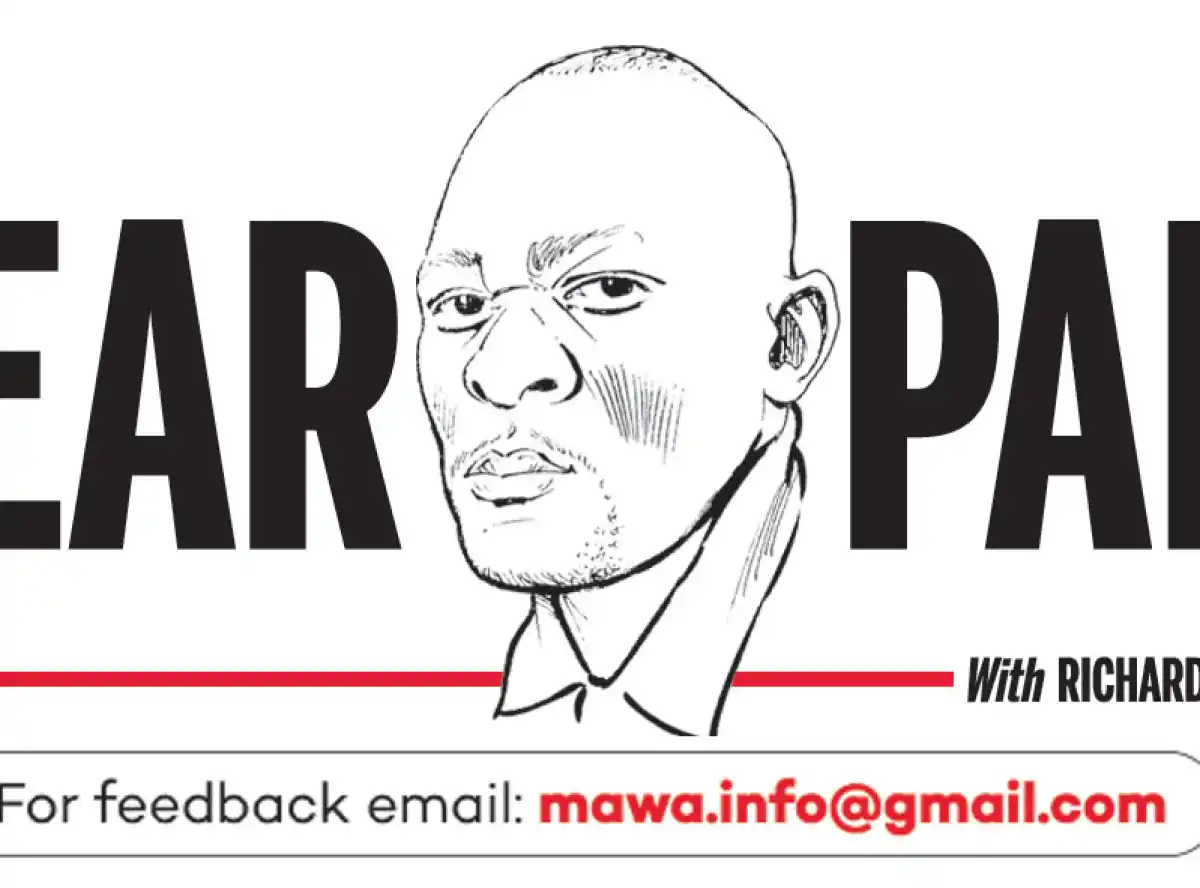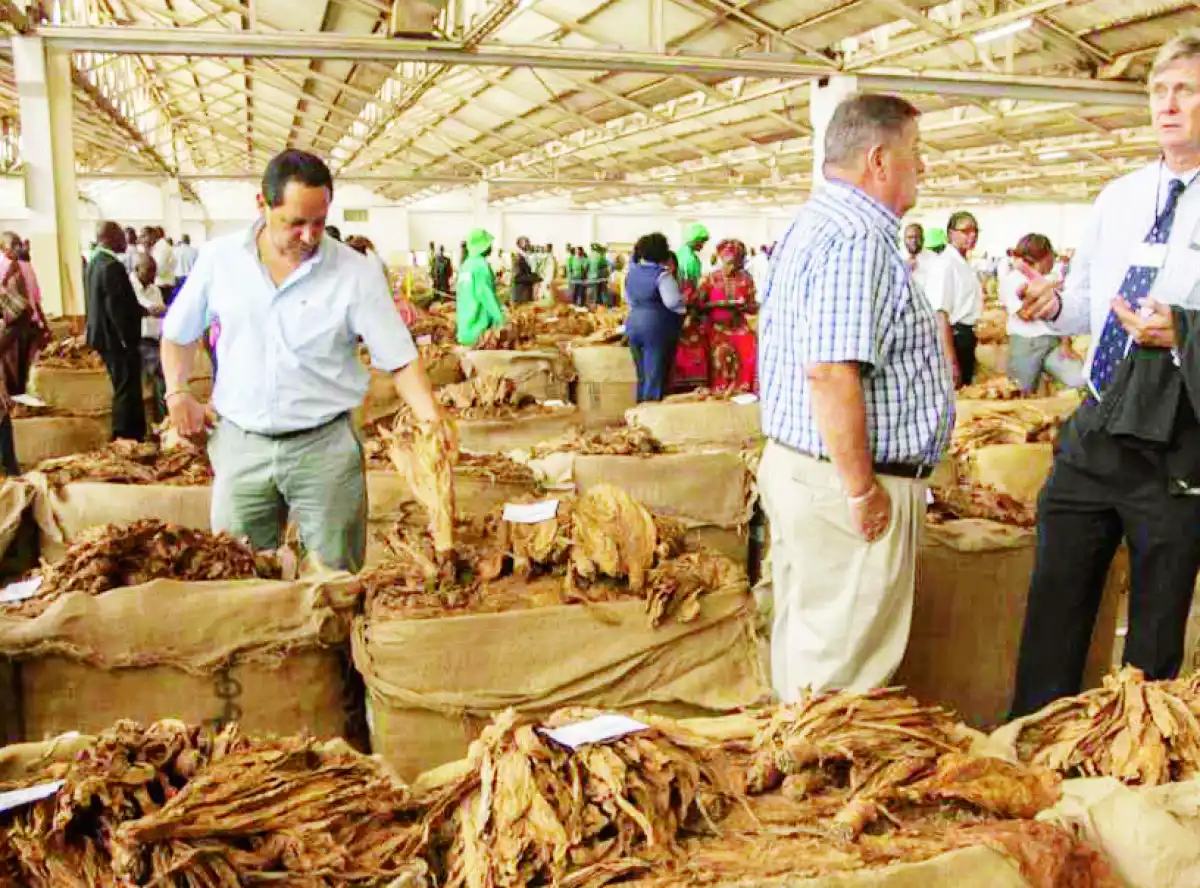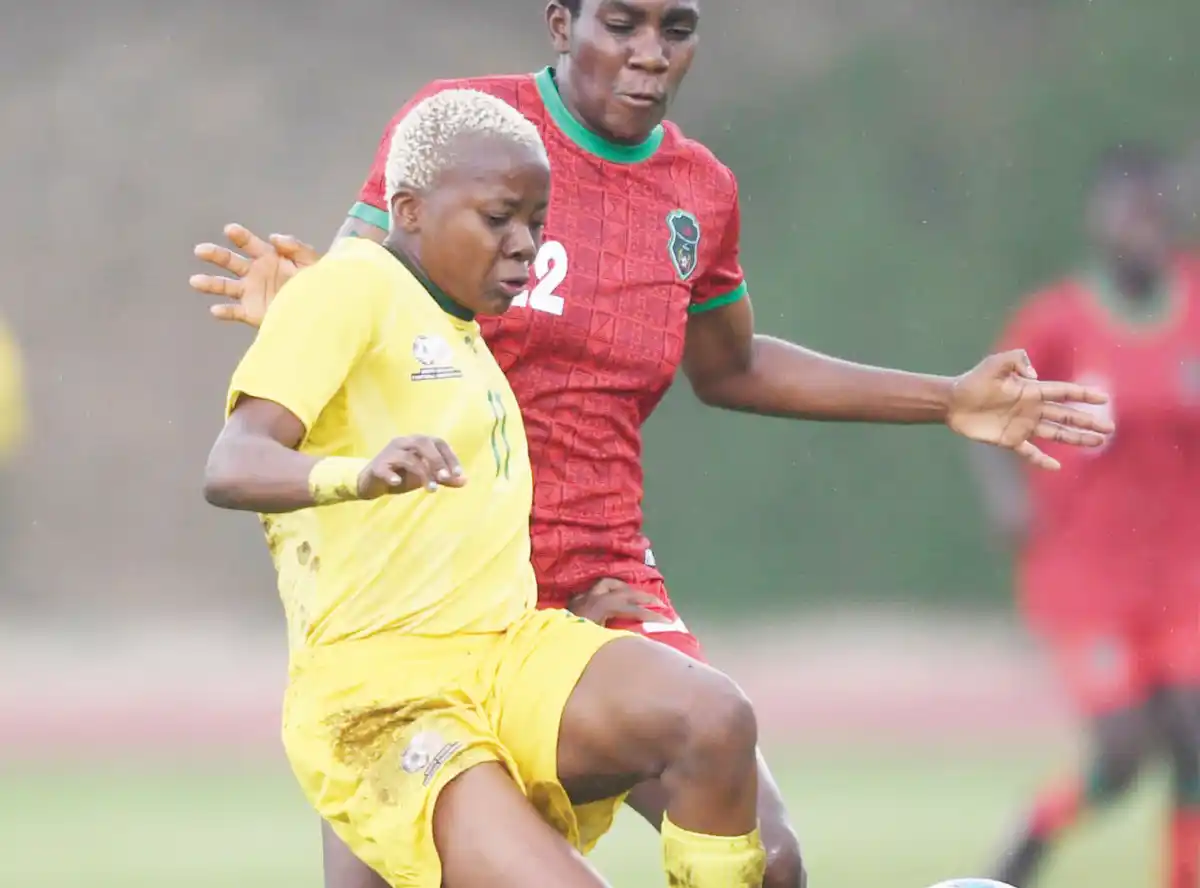
 On January 20, 2025, Donald Trump kicked off his second term as president of the United States (US) and immediately signed several executive orders, including one to pause all foreign aid.
On January 20, 2025, Donald Trump kicked off his second term as president of the United States (US) and immediately signed several executive orders, including one to pause all foreign aid.
This decision has massive repercussions across Africa, especially in countries heavily dependent on US financial support for development and welfare projects.
In Malawi, where US aid has been crucial in funding health, education and infrastructure initiatives, the news has been met with uncertainty and concern.
Although the Trump administration later clarified that essential services would continue while aid is reviewed, the pause serves as a stark reminder of the country’s reliance on external support.
This halt has sparked broader reflection within Malawi about its development strategy and long-standing dependence on international donors.
The reality is that, like many African nations, Malawi’s development framework has largely been built on foreign aid.
The executive order has exposed once again the vulnerability of countries such as Malawi, where critical sectors, including healthcare, rely on external funding.
However, this pause in aid presents Malawi with an opportunity to reassess its development model and possibly take bold steps towards greater self-reliance.
Trump’s foreign aid decision reflects his ‘America First’ policy, prioritising US national interests. This approach underscores the growing sentiment that foreign aid should benefit the US directly.
For countries like Malawi, which do not offer immediate returns to America, the future of their aid appears uncertain.
This shift in US foreign policy serves as a powerful reminder that foreign aid should not be taken for granted.
While foreign aid has played a critical role in Malawi’s development, it is increasingly clear that it cannot be a permanent solution.
The country’s progress has been hampered by inefficiencies in how aid is utilised, with funds often failing to reach their intended beneficiaries.
Corruption, mismanagement and inefficiencies in aid-funded projects have been well- documented.
Health facilities, schools and infrastructure projects have often faced delays or been left incomplete due to the misuse of resources.
While aid’s intention is to alleviate poverty and support development, corruption and misappropriation continue to limit its potential.
In this context, Trump’s decision to pause foreign aid should be seen as a timely wake-up call.
Malawi can no longer afford to depend solely on external funding for its development.
The need for reform and greater accountability in managing both domestic and foreign resources has never been clearer.
If the country is to progress, it must find ways to finance its own growth, addressing internal challenges—particularly corruption—and ensuring resources benefit the people.
One key area for improvement is domestic resource mobilisation.
Malawi’s low tax-to-GDP ratio has long hindered effective government spending.
Inadequate revenue generation limits the government’s ability to fund essential public services, leaving it vulnerable to fluctuations in foreign aid.
Strengthening tax collection, closing loopholes and ensuring that those able to contribute to the country’s fiscal health do so are essential steps toward building a more robust and self-sustaining economy.
Improving governance and reducing corruption will also be vital in ensuring that funds are used for their intended purposes rather than being diverted by a corrupt few.
To break free from dependence on external aid, Malawi must focus on creating an environment conducive to economic growth, attracting investment and reducing poverty.
The country has vast untapped resources—especially in agriculture, mining and tourism—which could form the foundation for long-term economic development.
However, this potential can only be realised through careful planning and effective policy implementation.
Trump’s pause on foreign aid should also prompt a reassessment of Malawi’s approach to international relations.
While foreign aid has been critical in the past, the country must not rely on it as the cornerstone of its development strategy.
Instead, Malawi should seek to diversify its sources of funding, attracting investment from a broader range of partners and exploring new avenues for economic cooperation.
It is time for Malawi to move beyond being a recipient of aid and become an active participant in global trade and investment.
One of the key lessons from the aid pause is the need for Malawi to develop its own capacity to fund its priorities.
This involves strengthening the tax system, improving governance and fostering a culture of accountability where public funds are carefully managed and used for the public good.
Investing in human capital— education, healthcare, and skills development—is also crucial for unlocking the full potential of the population to drive growth and innovation.
While the immediate consequences of the US aid pause may be uncomfortable, it offers an opportunity to reflect on the country’s development path and take concrete steps towards self-sufficiency.
Foreign aid should no longer be seen as the primary means of development; instead, Malawi must focus on mobilising its own resources, tackling corruption and building an economy that can sustain itself without external support.
This is a long-term endeavour, but it is the only way to ensure a prosperous and independent future for the nation.
True independence does not just mean political sovereignty— it means economic resilience and the ability to stand on one’s own feet.








0 Comments